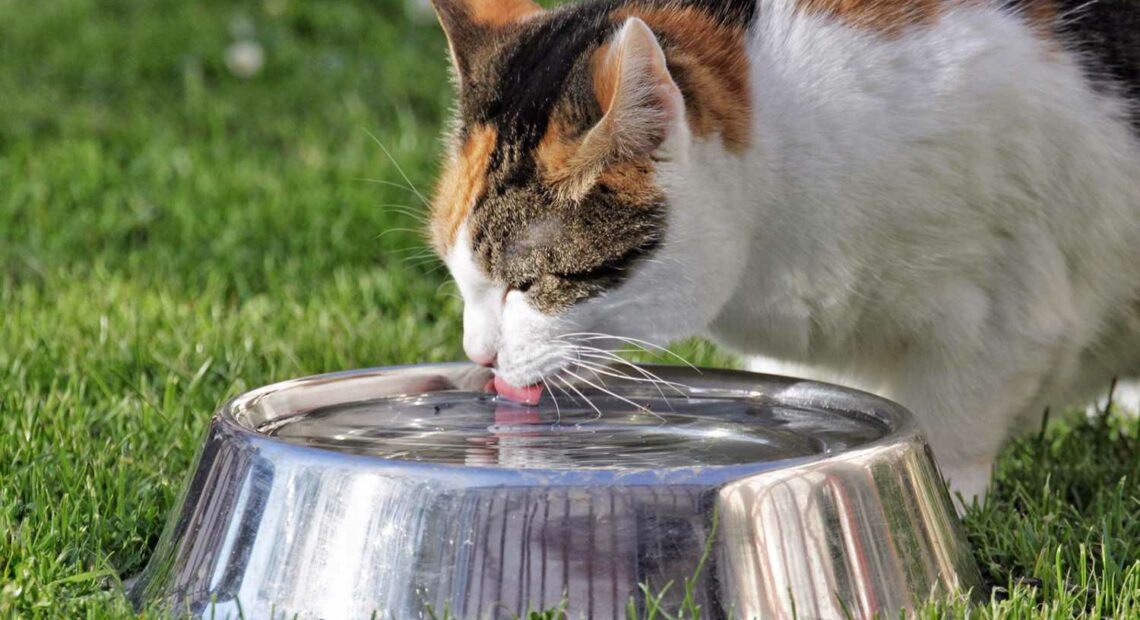Signs of Dehydration in Cats: 5 Subtle Clues Your Feline Needs More Water

As a cat owner, it’s crucial to be aware of your feline friend’s hydration levels. Dehydration can lead to various health issues and discomfort for your beloved pet. While cats are naturally inclined to drink less water compared to other animals, it’s essential to ensure they stay properly hydrated. In this blog post, we’ll explore five subtle signs that indicate your cat might be dehydrated and in need of more water.
- Dry or Sticky Gums: One of the primary indicators of dehydration in cats is the condition of their gums. Gently lift your cat’s lip and examine the gums. If they appear dry or sticky instead of being moist and smooth, it’s a sign that your cat may be dehydrated. Adequate water intake is crucial to maintaining healthy gums, and a lack of moisture can lead to oral health problems.
- Loss of Skin Elasticity: Another way to determine if your cat is dehydrated is by checking their skin elasticity. Gently pinch a small area of skin, such as the scruff or between the shoulder blades, and release it. If the skin takes longer than usual to return to its original position or forms a tent-like shape, it indicates dehydration. Proper hydration keeps the skin elastic, and a lack of water can result in dry and less supple skin.
- Reduced Urination: Monitoring your cat’s litter box habits is essential in assessing their hydration status. If you notice a significant decrease in the frequency or volume of urination, it could be a sign of dehydration. When a cat lacks water, their body conserves fluids by reducing urine production. Therefore, tracking your cat’s urinary patterns is crucial for recognizing potential dehydration issues.
- Lethargy and Weakness: Dehydration can affect a cat’s overall energy levels and vitality. If you observe your cat becoming unusually lethargic, weak, or less active than usual, it might be an indication of dehydration. Water is essential for maintaining proper organ function and regulating body temperature. When your cat lacks sufficient fluids, their body can struggle to perform optimally, leading to decreased energy levels.
- Dry, Sunken Eyes: Cats’ eyes are usually bright, clear, and moist. However, when they’re dehydrated, you may notice their eyes appearing dull, dry, or sunken. Dehydration affects the tear production and lubrication of the eyes, leading to these noticeable changes. If you observe such symptoms, it’s crucial to provide your cat with more water to restore their hydration levels.
Keeping your cat properly hydrated is vital for their overall health and well-being. By being attentive to subtle signs of dehydration, such as dry gums, loss of skin elasticity, reduced urination, lethargy, weakness, and dry eyes, you can take prompt action to address the issue. Ensure that your cat always has access to fresh, clean water and consider incorporating wet food into their diet, as it contains a higher moisture content. If you suspect your cat is dehydrated or if the symptoms persist, it’s best to consult with a veterinarian who can provide proper guidance and treatment for your furry companion.
Picture Courtesy: Google/images are subject to copyright








